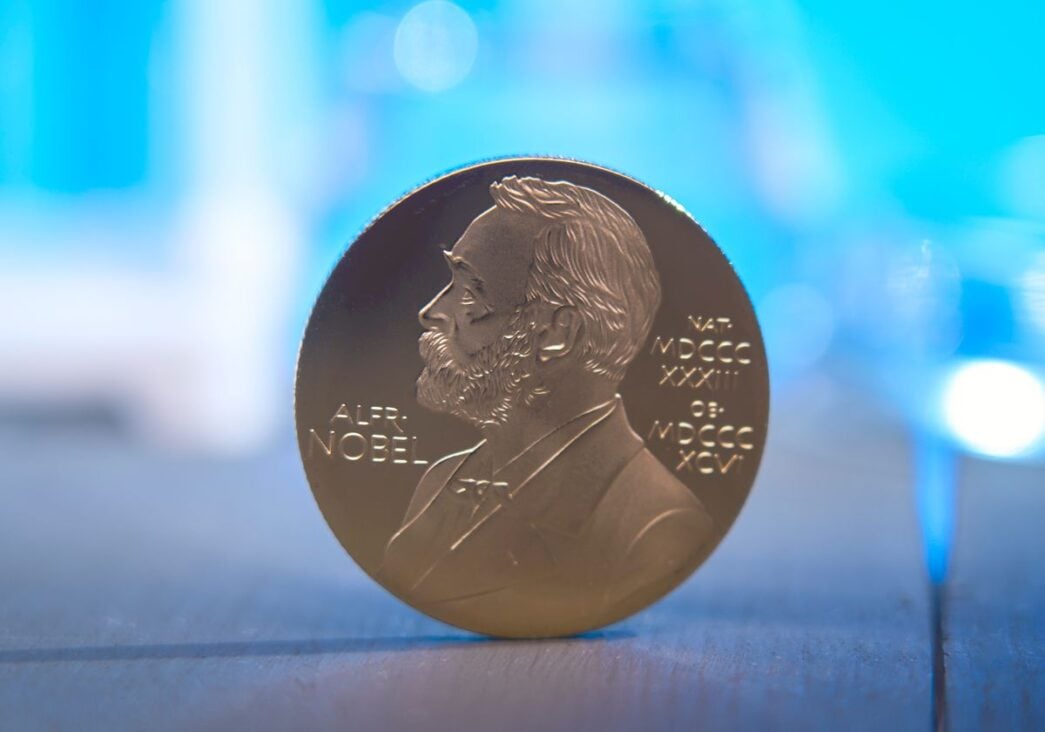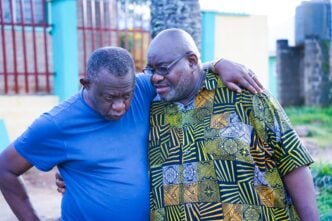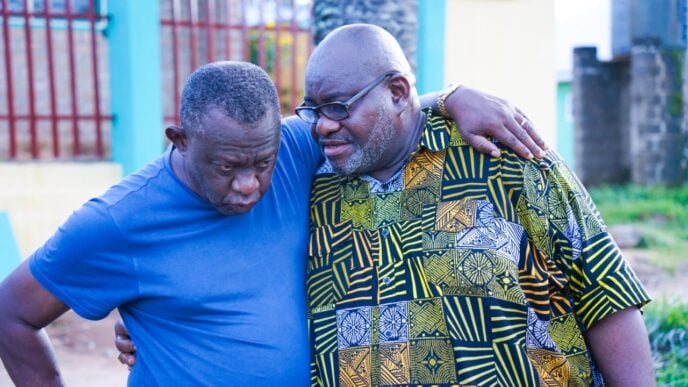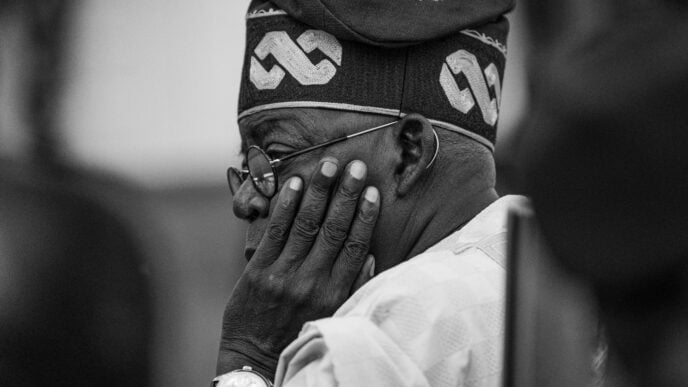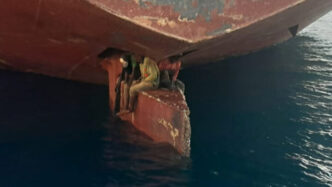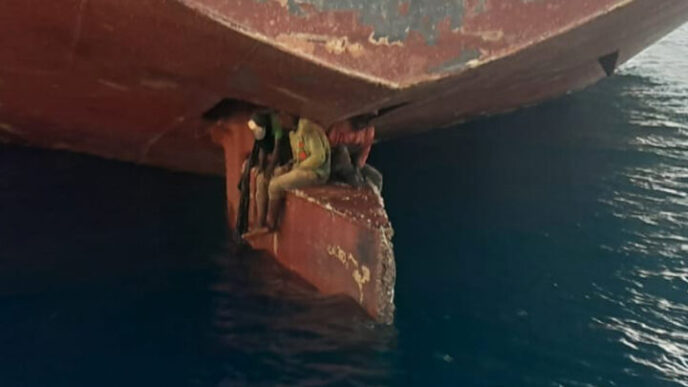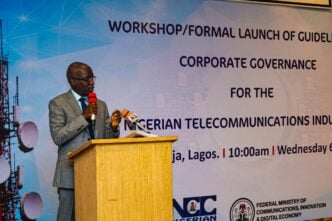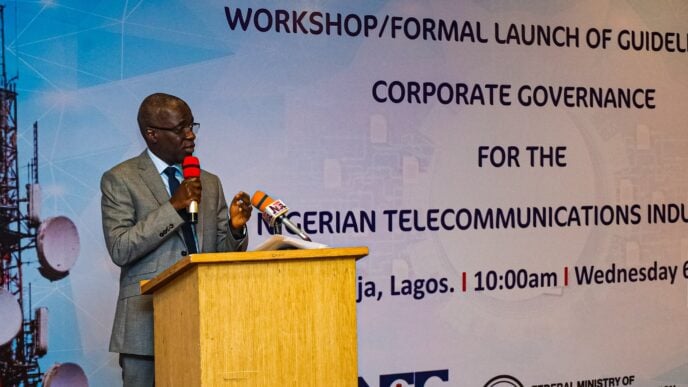When a person leaves Nigeria to pursue graduate studies in the West, especially in the most common destinations such as the US, UK, and Canada, they are usually met with several cultural shocks. From weather to transport systems, to differing expectations of public behaviour, they find that there’s a lot to adjust to. There are several public conversations on social media about these as Nigerians abroad share their “japa” experiences.
However, there is one culture shock that Nigerian graduate students abroad usually experience that rarely gets talked about in public circles, despite having huge implications. It is the shock of suddenly finding you now have immense access to resources for research and other academic work.
Anyone who graduated from a Nigerian university (especially public ones) before attending a university in the West will tell you that the access to resource gap is staggering. You suddenly go from depending on unauthorised sites to access the latest research papers to simply signing in with your school email because your new school subscribes to almost every major journal in your field. You go from having to explain to your academic sponsors (be it parents or guardians) why you need extra money beyond your tuition to complete your undergraduate project, to discovering that research funding can be available for multiple years, and your own living expenses can even be sourced from it.
Of course, the conversation about this difference can be discussed on a personal level, highlighting how it makes the lives of people interested in research relatively easier in the West than on our side of the world. But that would miss the bigger point. The implications of this huge gap in access to research resources go beyond the individual. They affect us collectively — as a nation, and as a continent. I will share 3 ways this affects us collectively.
Advertisement
First, without good research, we risk never truly understanding our own problems, making us continue to rely on Western frameworks to interrogate and interpret our realities. We see this in the African tech space, where entrepreneurs are often forced to use data from or collected by Western organisations to understand local issues. They end up leaning heavily on Western frameworks — not because they fit, but because something is better than nothing. We see the same in our policymaking and social interventions, many of which simply copy Western models because we don’t have a good grasp of our own situation — a gap adequate locally-based and locally-led research should have filled.
The fact that many groundbreaking studies about Africa are still being done outside Africa should be a matter of concern to us. This is not about lacking capable minds, but without the infrastructure and funding that make quality research possible, even the brightest ideas remain undeveloped.
The second implication comes from the first. We end up not only being unable to do good research but also stifling researchers’ creativity. Good researchers produce good research. However, opportunities for quality research also build quality researchers. The less we have the resources to conduct quality research, the fewer chances our local researchers have to be put in research contexts that challenge them to grow their skills and capacities. This issue is clear in the Nigerian research circle. You continue to find several papers with outdated methods, weak research contexts and poor writing being published in predatory journals year in, year out.
Advertisement
To explain the third implication, it’s worth noting that we are currently in Nobel Prize season. It is one season that always reminds us how poor infrastructure has contributed to stifling what was an incredible collective creative and scientific capacity. Of the 987 individuals who have been awarded the different Nobel Prizes since 1901, only 25 are African-born. And more interesting is that only six of these Africans have received the Nobel Prize in the sciences.
This is the same continent with a documented history of advanced pre-colonial medical knowledge and practices, including an 1879 case of a successful locally conducted caesarean section in the Bunyoro Kingdom in modern-day Uganda — at a time caesarean sections were considered highly risky and were rarely performed in Western medicine. The same continent is credited with pre-colonial metallurgical and gold refining expertise in places like Mali and Egypt. The gold refining methodology of the medieval Malians was experimentally replicated by scientists at Northwestern University in the United States in 2014 and was found to be truly innovative.
Nigeria also has reports of innovative pre-colonial scientific, engineering, agricultural, architectural and medical advancements. For example, archaeological findings in Opi, Enugu State, reveal iron smelting furnaces and slag deposits dating back to approximately 750 BCE that operated at high temperatures, showcasing an advanced understanding of pyrotechnology. A 20th-century pharmaceutical discovery confirmed the advancement of pre-colonial practices using certain local plants in eradicating some bacteria. Yet, in 2025, the Nigeria Prize for Science, a $100,000 annual award by NLNG, went unawarded despite having 112 submissions because the board reported that the award judges were dissatisfied with the quality of entries received.
I could go on with more examples, but I think my point is obvious already: we were not mere consumers of advanced knowledge and practices, we were producers of it. We have always been. As a nation and as a continent, we once stood at the cutting edge of science, medicine, agriculture, and architecture, and we can still be there again. This has never been an intellect problem. It has always been a problem of resources.
Advertisement
Groundbreaking research, the kind that pushes the boundaries of knowledge, requires serious investment. We are a continent full of creative and scientific brilliance, made to look like we lack capacity simply because we have not invested in the infrastructure that allows us to lead our own research and innovation.
It’s time to take our place again in global research discourse. It’s time to push the frontiers of knowledge the way we have done before. It’s time to show the world what our proven capacity for creative and scientific innovation can do. It’s time to fund African research.
Oluwatoyin is a STEM education doctoral researcher. She writes from Nigeria and the United States. She can be reached at [email protected] or on LinkedIn here.
Advertisement
Views expressed by contributors are strictly personal and not of TheCable.


